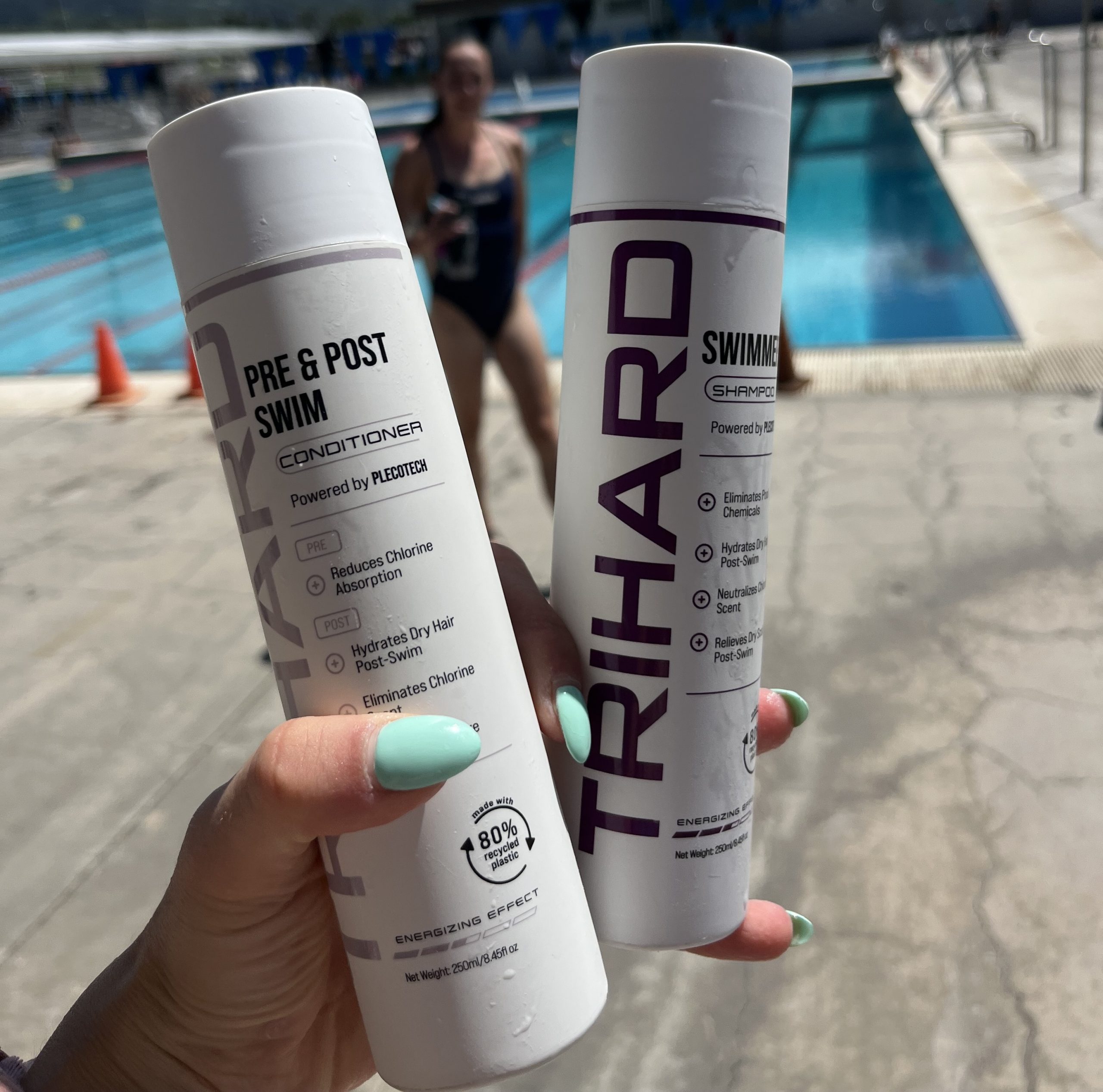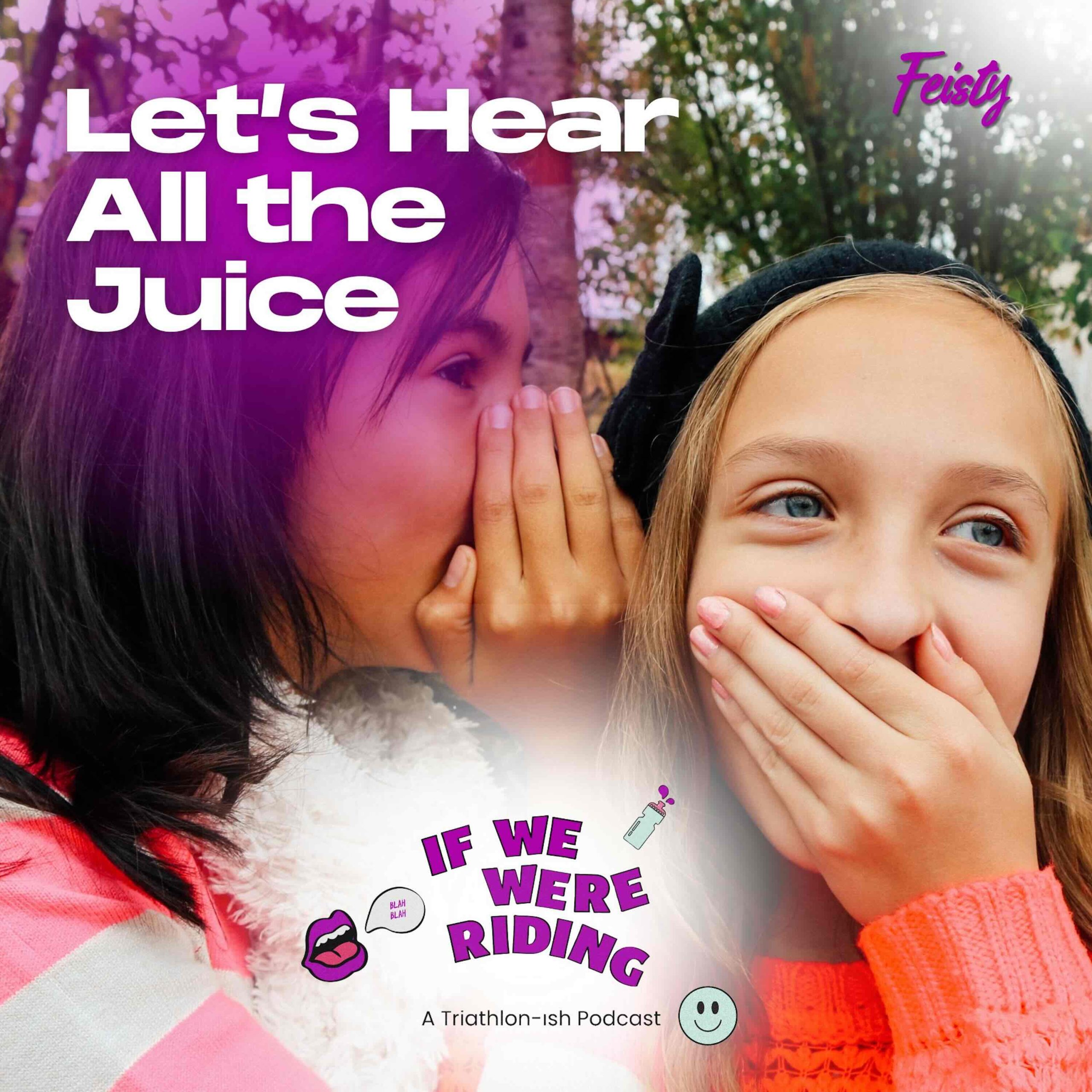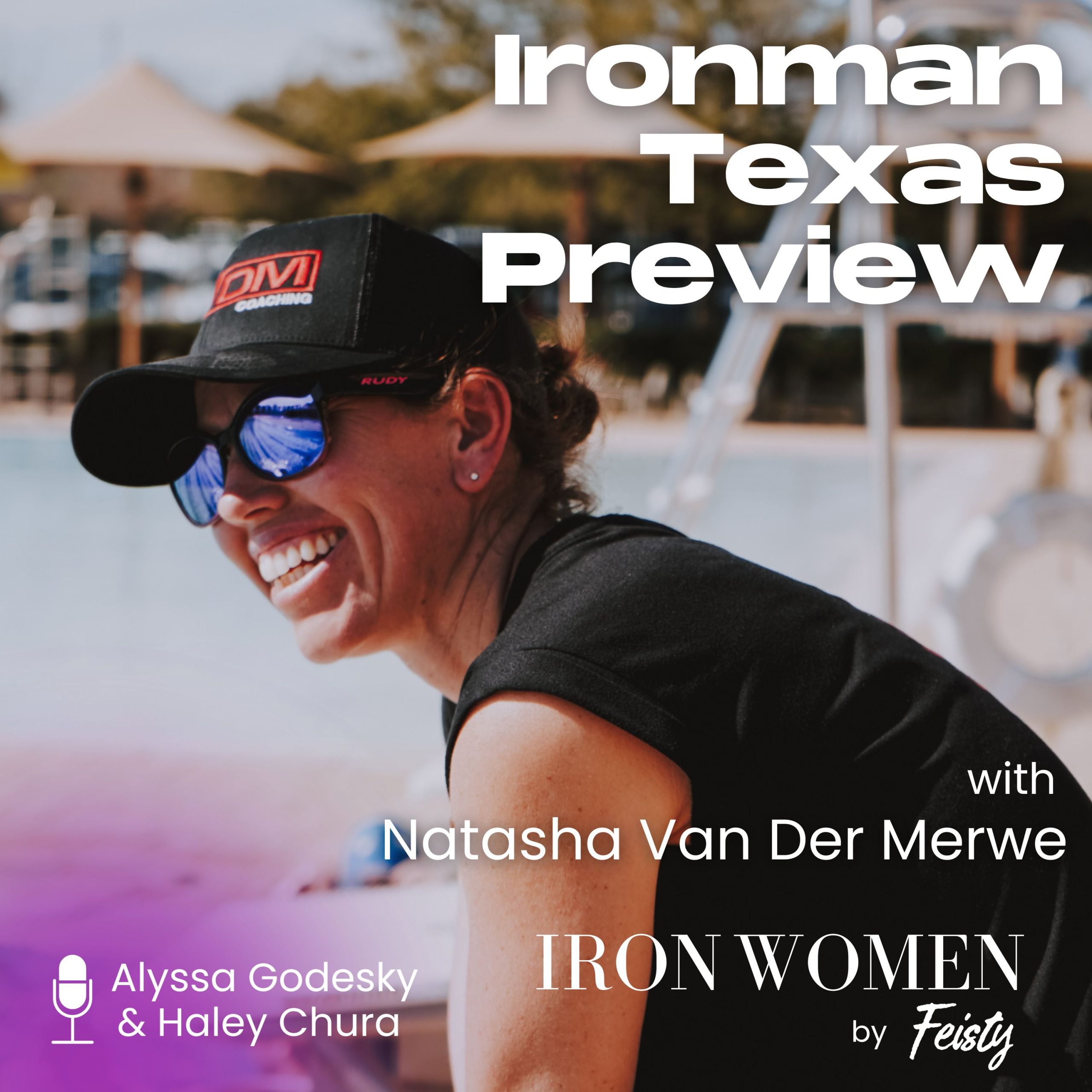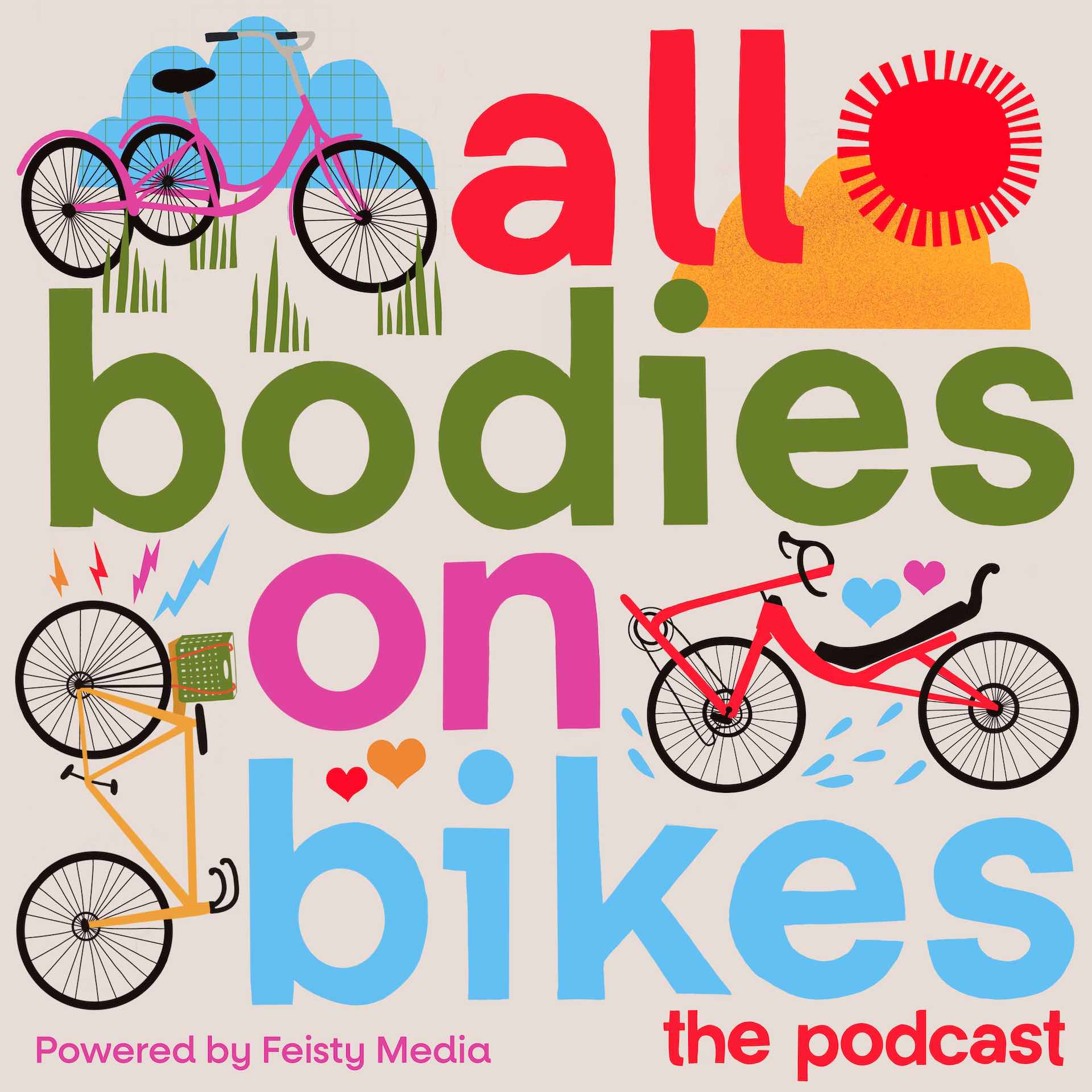December 25, 2019
Newsletter ep. 119: the decade in tri
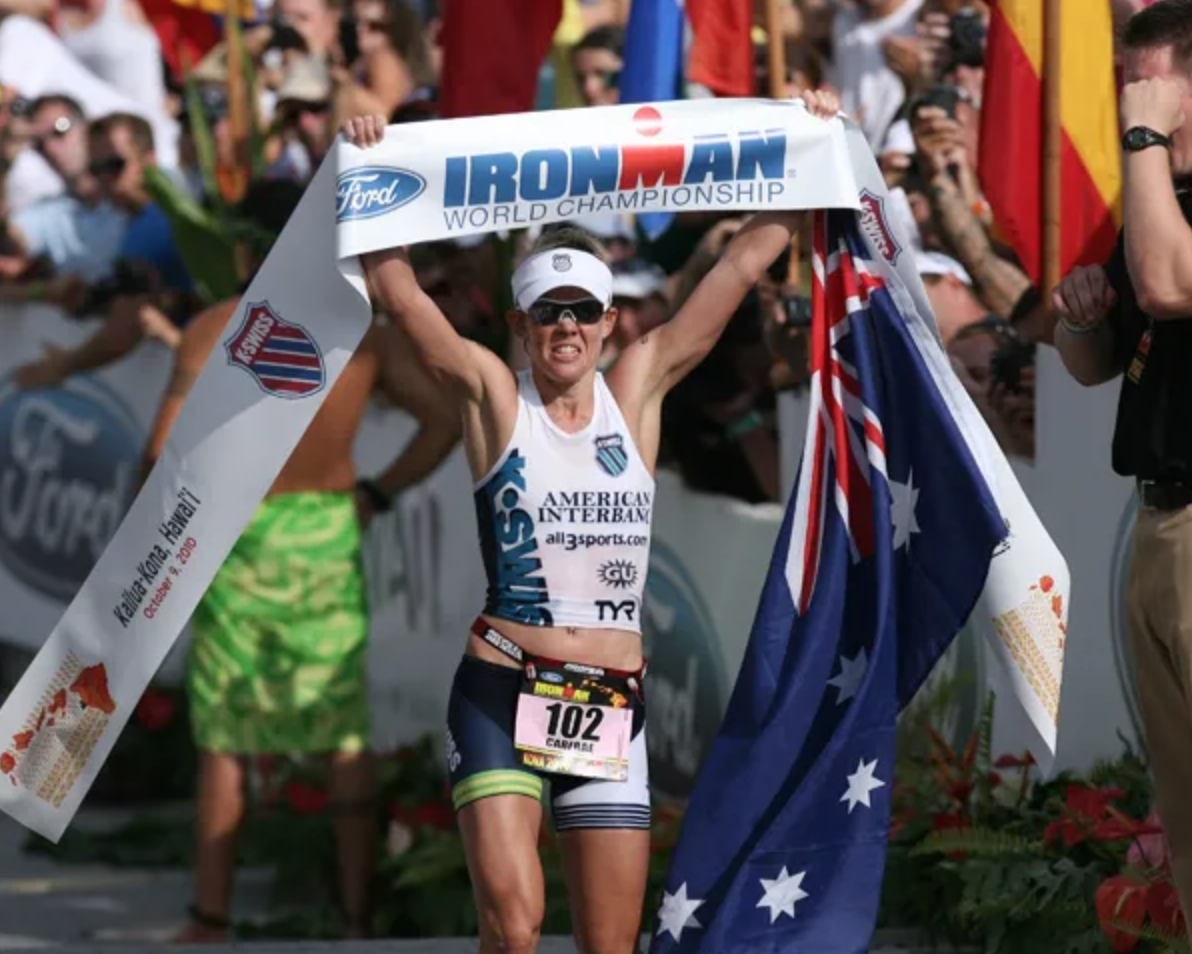
Happy Christmas! I think we’re going to be short this week, so you can enjoy triathlon news whenever you need a break from family. Hypothetically.
As the year ends, let me also say: thanks for reading over 100 emails from me. Sometimes I’m not sure what we’d talk about if we were really riding. Sometimes I’m not even sure I’d want to ride. But we always email, on Wednesdays, no matter what.
_______________________________
What have we learned from the decade?
In 2010, Miranda Carfrae won Kona. (Pictured above in a Creative Commons photo from Flickr) Looking at photos of that time, it appears she was greeted at the finish by boyfriend Tim O’Donnell. Chris McCormack won the men’s race in an exciting and tight battle over Andreas Raelert. He later adorned a Wheaties box — and, to the best of my knowledge, hasn’t returned to the island since some shit went down at an after party a few years ago, which I’m always split on mentioning because I can’t prove it happened and the woman never officially came forward and there’s a journalistic standard here, but it’s also sort of a well-known open secret? So, let’s just say, he hasn’t been back in years.
Which is to say things both haven’t changed much and yet have changed completely.
That’s why I wanted to take this moment to look back at the decade in triathlon. And I’m not going to get into an argument about how the decade really starts in 2021, because colloquially that’s not how it’s referred to and our denominators of time are self-selected and made up anyway, so we might as well make it up in a way that makes sense.
What defined the last decade:
Triathlete did their end of the year awards for best performances, moments, and athletes. And Outside looked at the stories that defined the decade for running — many of which are relevant to us too, but there are also multi-sport specifics we can appreciate. Let’s then turn our attention beyond this year, to the last ten years of triathlon specifically.
– The growth of Ironman: This is, obviously, the defining trend of the last ten years. In 2010, there were just 23 full Ironman races in the world and about 38 70.3 races. Going into 2020, there will be nearly 200 races. That has come at a cost, which brings us to our next trend…
– The disappearance of small- and medium-sized events: Ten years ago, the sport of triathlon (in North America) was made up of all sized races. The local grassroots scene fed into the handful of fancier Ironman-branded races. Odds were most of the people you knew didn’t necessarily do M-dot races; they did big local events and small ones and maybe one Ironman in the year. That schedule is nearly impossible now. As Ironman has expanded and bought up smaller competitors, it has consolidated its market power. Virtually the entire middle of the marketplace has disappeared over the decade. With this has come a fairly complete gutting of shorter and cheaper events. Remember when there used to be a robust local-ish Olympic distance racing scene?
– Boom and bust: Part of what has felt like a gutting of the sport was also simply the boom cycle triathlon went through in the early part of the decade. Money poured in, all kinds of companies launched, races popped up constantly, everyone was suddenly a goddamn coach. As that boom then bust, participation dropped and then leveled off in the last few years. Many of those new races, companies, coaches could not (and some should not) survive. Can the sport survive, though?
– The demographics changed (but not that much): Everyone’s hanging their hat on the hope that changing demographics will be what saves the sport — along with the well-funded women’s NCAA effort. The scrappy white male running boom of the late-1980s and mid-1990s is what created triathlon. Now are women and college kids and minorities what will save it?
– Growing discontent and legitimacy issues: I’ve talked before about the legitimacy issues the big, packed, fancy races increasingly have. This has gotten worse as more people are packed into each large race in order to wring out more money. But as athletes feel like they’re simply caught up in huge packs and find the entire experience discouraging, they’re going to increasingly choose not to come back. Ironman has started to realize the challenge on their hands and made some steps to address it at Kona, for instance. If I was in charge of customer experience at Ironman, though, I would also be deeply concerned about the growing rumbles of discontent and anger in the last few years from regular age-groupers over what feels like a deck stacked against them: their “amateur” competitors have pro schedules and sponsors — we can add the influencer trend to the decade-long list, it feels nearly impossible to actually get to Kona fairly, there’s growing concern some age groups are super doped and cheating, and there’s an increasing sense of ‘screw this.’ If I worked for Ironman, I would be listening closely to what the masses are muttering.
That brings us, though, to what we can expect to grapple with in the next ten years…
What will define the next decade:
– A rise again of medium, grassroots races: Obviously, on some level, the defining question of the next decade is if triathlon will survive in its current form. We’ve already seen the bust and we’ve seen Ironman expand and consolidate — shutting down the mid-level races and streamlining the race experience. Any understanding of business would suggest we will now start to see grassroots medium-sized events come back. This should be particularly true when we look at the growth of things like gravel racing, Swimrun, trail running, unsanctioned events. Expect to see more triathlons that meet and fill this need.
– Triathlon will continue to become an international sport: One thing Ironman has done well is bring their very particular brand of triathlon to new and underserved regions. In 2010, triathlon was still primarily European, North American, and Australian. In the next ten years, it will increasingly be Asian, South American, and Middle Eastern as well.
– Will pro triathlon survive? There are quite a few new formats and events attempting to find a way to finally make triathlon spectator-friendly, finally turn it into a professional sport. There isn’t a ton of evidence that any one of them will succeed where others have failed in the past. But let’s hope. Because right now pro triathlon has little money left in it, and what it does have is deeply consolidated in the top dozen athletes. If a pro triathlon pipeline doesn’t survive, then we’ll see a massive deterioration that will eventually drive people out of the sport and discourage interest.
– Triathlon will also have to reckon with safety, climate change: Not to be a downer, but it’s not just financial issues triathlon will have to deal with in the next decade. There’s a reason cyclists have been moving off the road and it’s because we’re losing the bike v. car battle. It’s insane and we need to completely recalibrate how we plan to deal with not dying. We also need to figure out how we, as a sport, plan to reconcile ourselves to the fact that our training and race venues will increasingly be victims of climate change. That is not going to get better unless we all do something about it.
(Yeah, yeah, there’s a bunch of tech stuff people are all worked up about for the future too. I just don’t care that much. Bikes, shoes, swimsuits will get faster. More devices will sync with other devices and we’ll have more data at our fingertips. More tech will get even better to enable us to do more stuff. *shrug* But we’ll still have to do the stuff.)
Here’s to the next ten years!
_____________________________
- In an amazing pre-holiday news drop, I saw Lionel Sanders posted his doping test results on his blog in the name of transparency. (FWIW, I do actually agree with him that I don’t feel like doping is pervasive in triathlon. Does it exist? Sure. Is it everywhere? No.) Apparently, Sebi Kienle did the same on Twitter and Jan Frodeno has been listing off dates. I have mixed feelings about all of this, but it’s Christmas, so I won’t go into them. (Lionel Sanders, Twitter)
- Taylor pointed out to me in this Slowtwitch AMA with Tim O’Donnell he drops the fact that he’ll be competing in the Collins Cup for Team America next year. So that’s really happening. (Slowtwitch)
- The only thing in my doc of ideas for this week was the note ‘screw disc brakes’ in response to this argument for them in tri bikes. (WattieInk)
- What do you *really* want for the holidays? An ideal training partner and an empty pool lane? I made a fake gift guide for Triathlete. (Triathlete)
- Only somebody who was fast can say that being fast is pointless. (Bicycling)
- National parks have gotten louder and it’s not good. (San Francisco Chronicle)
- Only two pools in Kabul allow women, but for the women who can afford it it’s worth it. (New York Times)
_____________________________
‘If We Were Riding’ is a weekly triathlon-ish newsletter written by Kelly O’Mara and produced by Live Feisty Media. Subscribe to get it in your inbox every Wednesday morning. You can also read past issues. This episode is from Dec. 25, 2019.
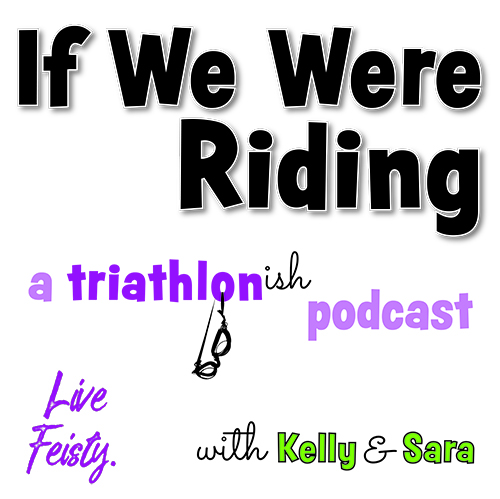


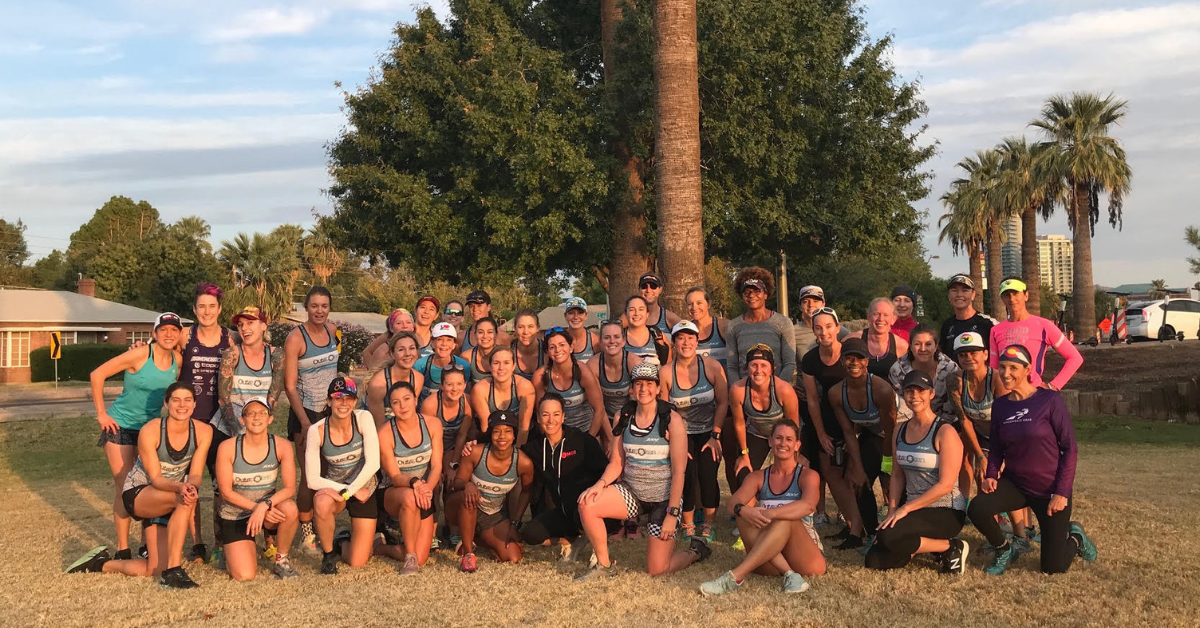 Outspoken Women in Triathlon Summit Returns Bigger than Ever
Outspoken Women in Triathlon Summit Returns Bigger than Ever  Driving the Lamborghini: Productivity and the Power of Paper
Driving the Lamborghini: Productivity and the Power of Paper 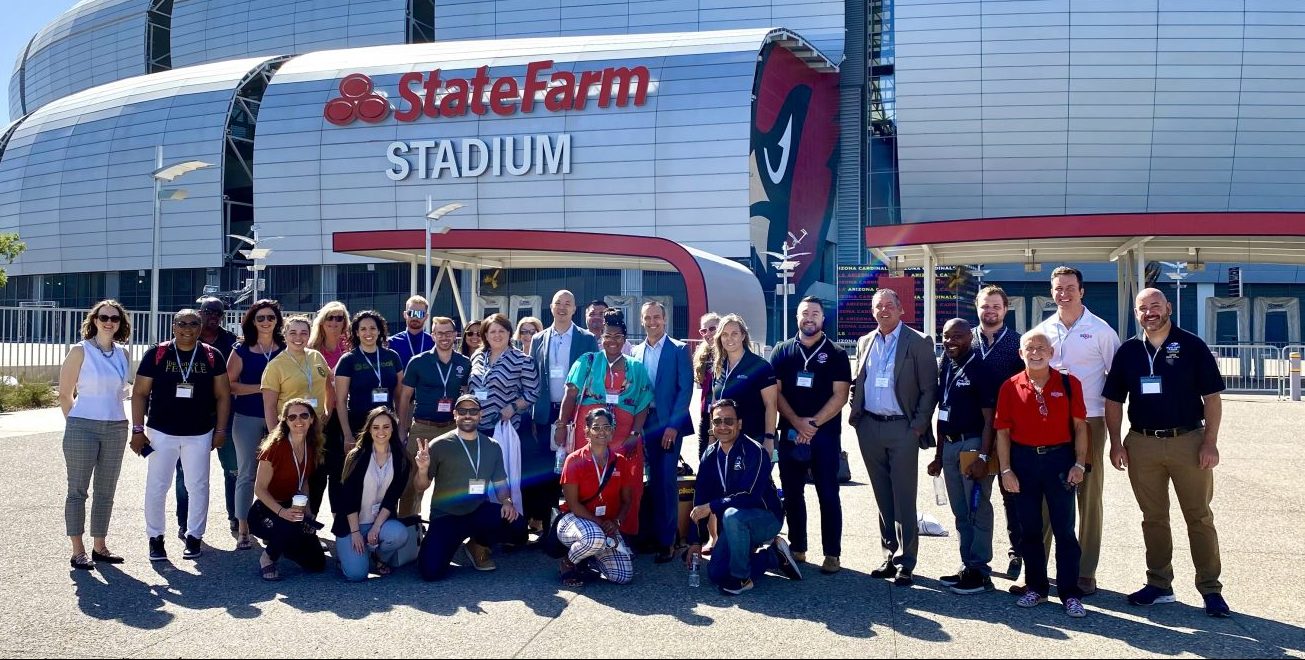 5 take aways from the Compete Sports Diversity Summit
5 take aways from the Compete Sports Diversity Summit 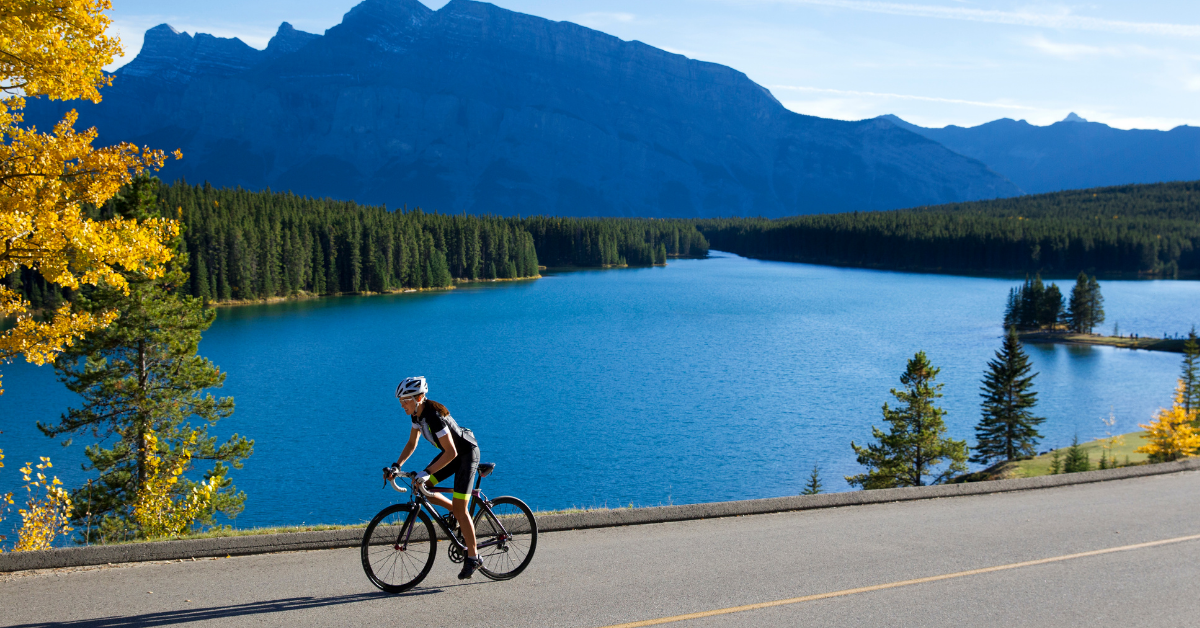 Simple Tips to Hone Your Bike Handling Skills
Simple Tips to Hone Your Bike Handling Skills 